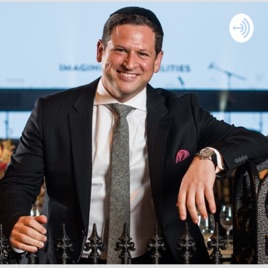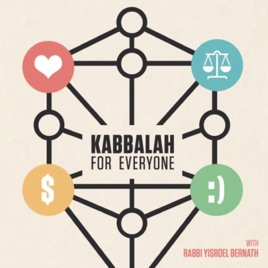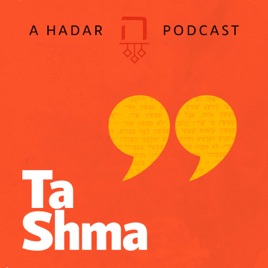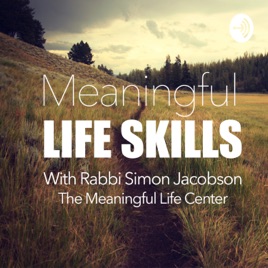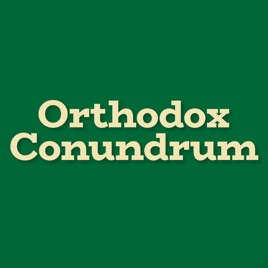
Advertise on podcast: Daf Yomi for Women - Hadran
Description
Hadran.org.il is the portal for Daf Yomi studies for women. Hadran.org.il is the first and only site where one can hear a daily Talmud class taught by a woman. The classes are taught in Israel by Rabbanit Michelle Cohen Farber, a graduate of Midreshet Lindenbaum’s scholars program with a BA in Talmud and Tanach from Bar-Ilan University. Michelle has taught Talmud and Halacha at Midreshet Lindenbaum, Pelech high school and MATAN. She lives in Ra’anana with her husband and their five children. Each morning the daf yomi class is delivered via ZOOM and then immediately uploaded and available for podcast and download. Hadran.org.il reaches women who can now have access to a woman’s perspective on the most essential Jewish traditional text. This podcast represents a revolutionary step in advancing women’s Torah study around the globe.
Podcast episodes
Check latest episodes from Daf Yomi for Women - Hadran podcast
Podcast reviews
Read Daf Yomi for Women - Hadran podcast reviews
Podcast sponsorship advertising
Start advertising on Daf Yomi for Women - Hadran & sponsor relevant audience podcasts
You may also like these judaism Podcasts
